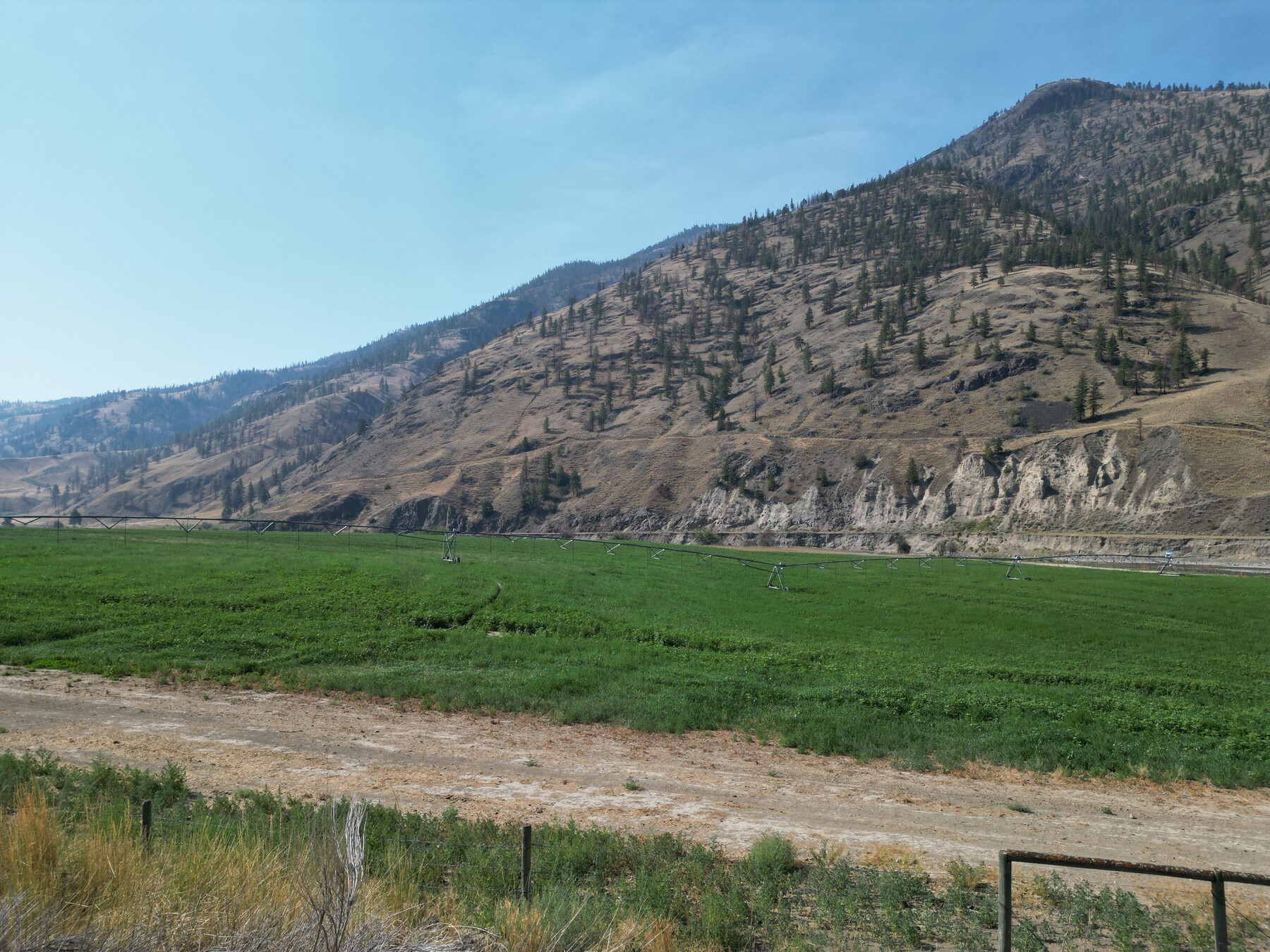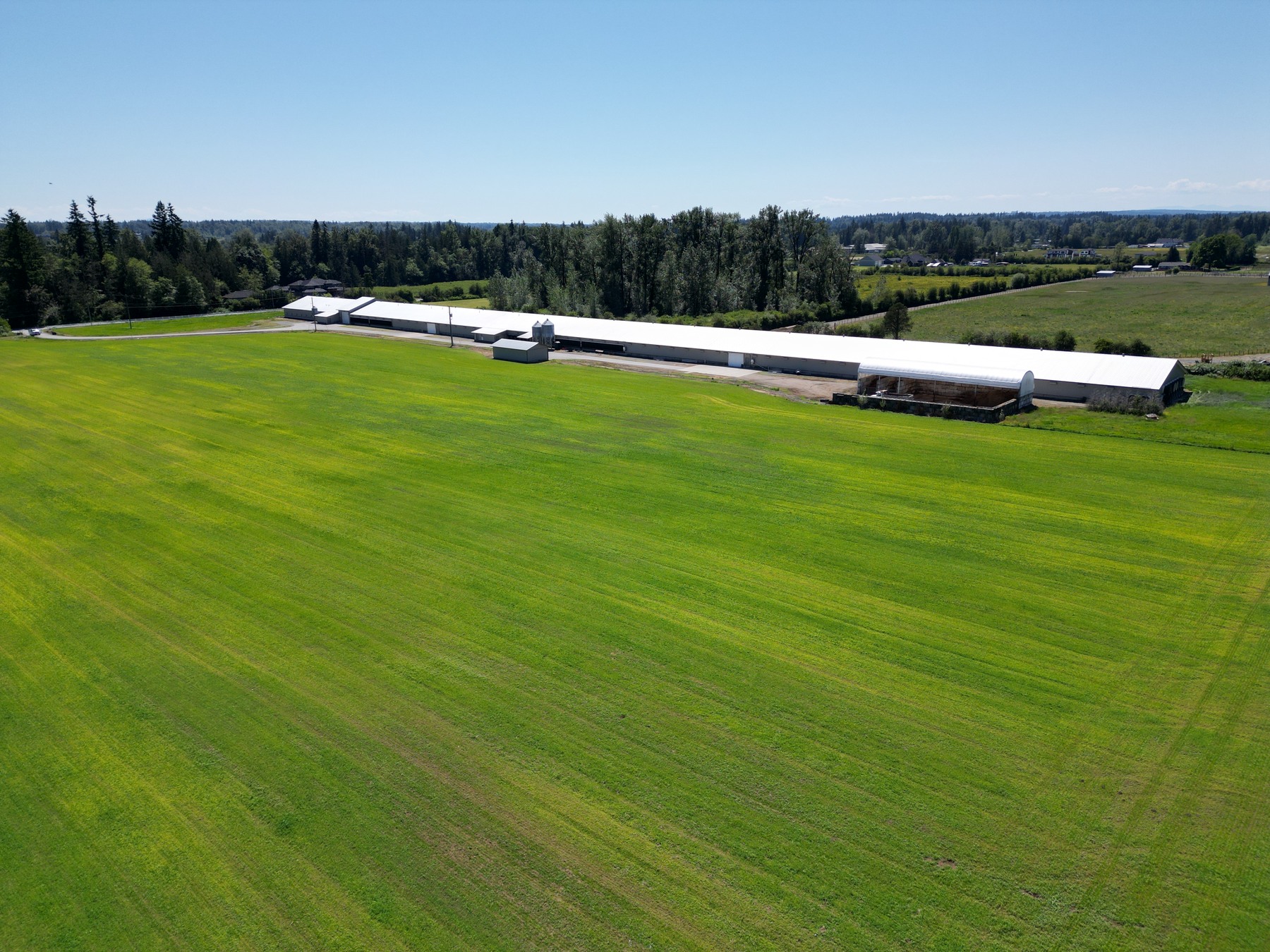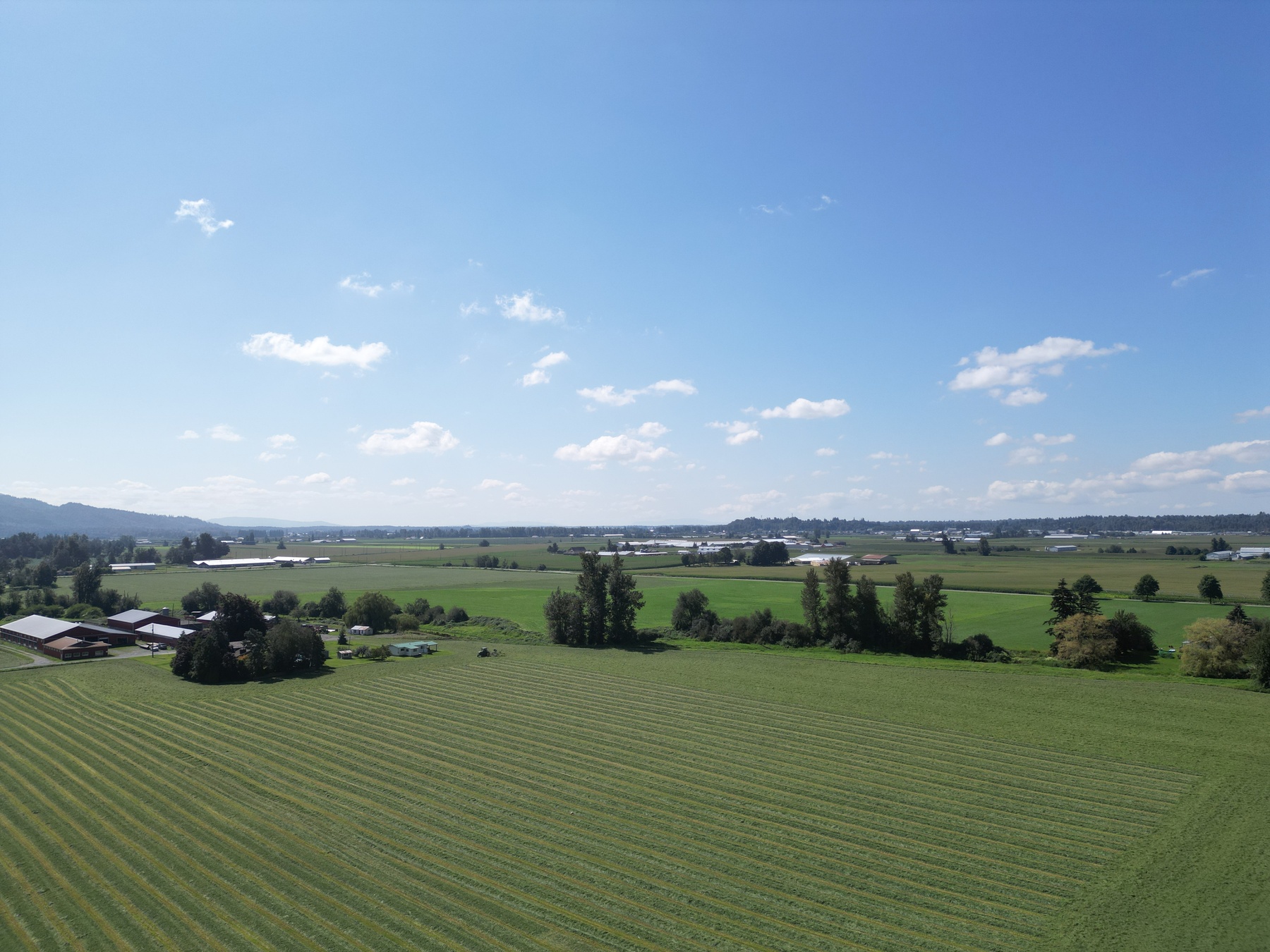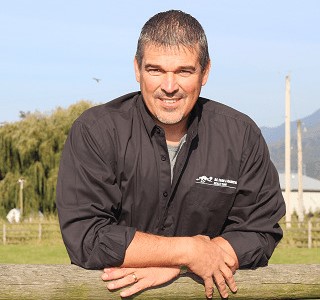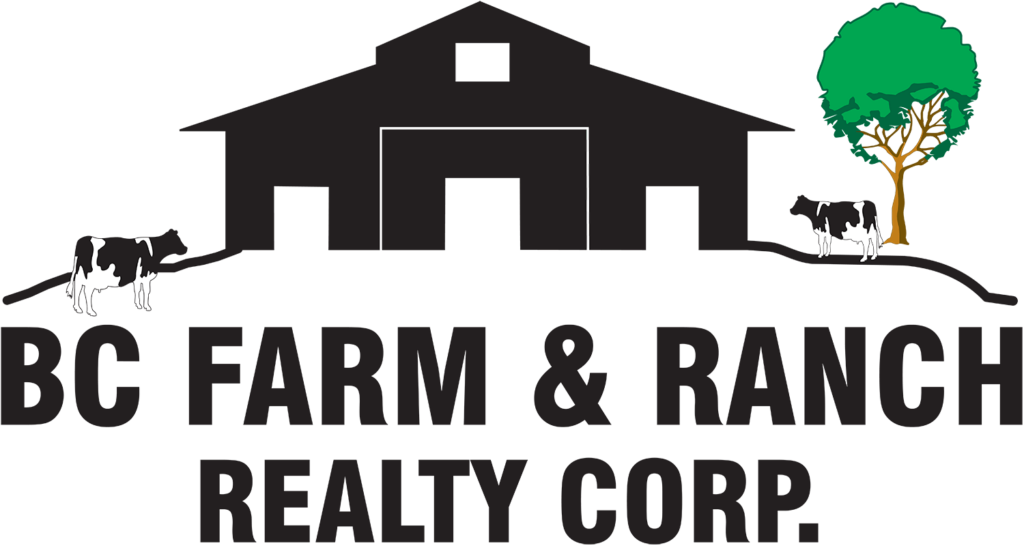Purchasing acreage can be a rewarding investment, whether you’re looking to build your dream home, start a farm, or simply enjoy the vast outdoors. However, navigating the process of buying land can be a bit more complex than purchasing a typical home. In 2025, the process of acquiring acreage has its unique considerations, from understanding zoning regulations to securing financing. Here’s a step-by-step guide to help you through the process, with some expert advice from me, Greg Walton.
Step 1: Understand Your Purpose for Buying Acreage
Before diving into the real estate market, take some time to consider your goals for the land. Are you planning to build a home, start a farm, or use the property for recreational purposes? The purpose of your purchase will influence the type of acreage you look for, its location, and any legal considerations.
Knowing the intended use of the land will help you make more informed decisions, especially when it comes to zoning laws and land restrictions.
Step 2: Research the Market and Location
In 2025, the demand for acreage is high, particularly in rural and suburban areas. Begin by researching the areas where you would like to purchase land. Are you looking for a property close to the city for convenience, or are you hoping for a more remote, secluded setting?
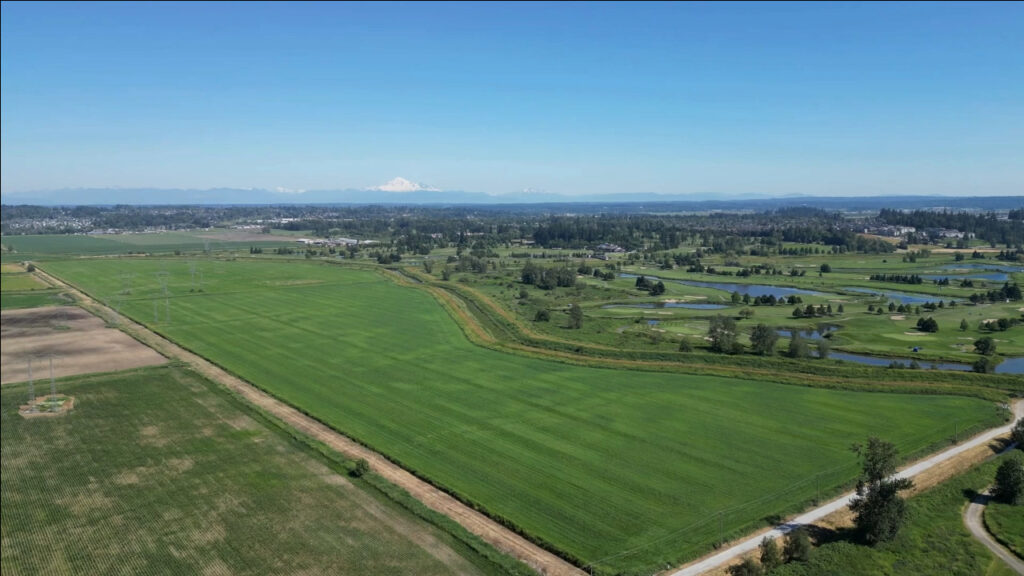
Work with a realtor like me, who has local knowledge and expertise to guide you through the market. A great realtor can give you insights into the best areas for land, depending on your budget, preferences, and long-term goals. I recommend checking out online resources and property listings for additional information on available acreage.
Step 3: Determine Your Budget and Financing Options
Purchasing acreage often involves more significant costs than buying a traditional home, so it’s essential to have a clear budget in mind. Factor in the price of the land, property taxes, and any additional costs for development or improvements.
You’ll also need to secure financing, which can be more challenging for land purchases. Traditional mortgages might not be available for vacant land, so you may need to consider other options, such as a land loan, owner financing, or even a home equity loan. I always suggest speaking with a financial advisor and exploring different lending options early in the process. Understanding your financing options early can help you avoid surprises and streamline the buying process.
Step 4: Conduct a Thorough Property Inspection
Once you’ve found a piece of land you’re interested in, it’s important to conduct a thorough inspection. A land inspection is different from a home inspection, but it’s just as critical. Ensure that the land is free of any environmental hazards, has suitable access roads, and meets your development needs.
I highly recommend working with a trusted land inspector to evaluate the property’s topography, soil quality, water access, and any potential zoning restrictions. It’s always better to uncover potential issues before closing the deal rather than dealing with them down the road.
Step 5: Understand Zoning and Land Use Restrictions
Before purchasing acreage, you must understand the zoning regulations and any potential restrictions on the property. Zoning laws will dictate what you can and cannot do with the land, such as whether you can build a residential home, start a farm, or operate a business.
In 2025, land use regulations may differ greatly from one area to another, so it’s crucial to research these laws thoroughly. I advise all my clients to consult local authorities and review zoning maps to ensure the land meets their needs. Zoning can make or break your plans, so always double-check before making an offer.
Step 6: Make an Offer and Negotiate
Once you’ve completed your research and inspections, it’s time to make an offer. If you’re working with me, I will guide you through the process, helping you craft a competitive yet fair offer. Realtors can also assist in negotiating the best price, terms, and contingencies to protect your interests.
Keep in mind that land prices can fluctuate, and sellers may be willing to negotiate, especially if the property has been on the market for a while. Don’t be afraid to negotiate. Even in a competitive market, a well-thought-out offer can often secure the property you want.
Step 7: Close the Deal
The final step in purchasing acreage is closing the deal. During closing, you’ll finalize the sale, pay closing costs, and transfer the title of the property. It’s essential to have a lawyer or real estate professional review the paperwork to ensure everything is in order.
I emphasize the importance of being prepared for closing. Ensure that all necessary documents, including title reports and any land-specific agreements, are reviewed before signing anything.
Final Thoughts
Purchasing acreage in 2025 is a significant decision that requires careful planning and research. By understanding your needs, researching the market, securing financing, conducting property inspections, and working with an experienced realtor, you can navigate the process confidently and successfully.
With the right preparation, buying acreage can be an exciting opportunity to create a space that meets your vision. Whether you’re looking to build your dream home or invest in agricultural property, the right land is out there waiting for you.
For more personalized guidance and expertise, contact me, Greg Walton, to help you find the perfect piece of land.


